Environment
Young Activists and the Long Haul
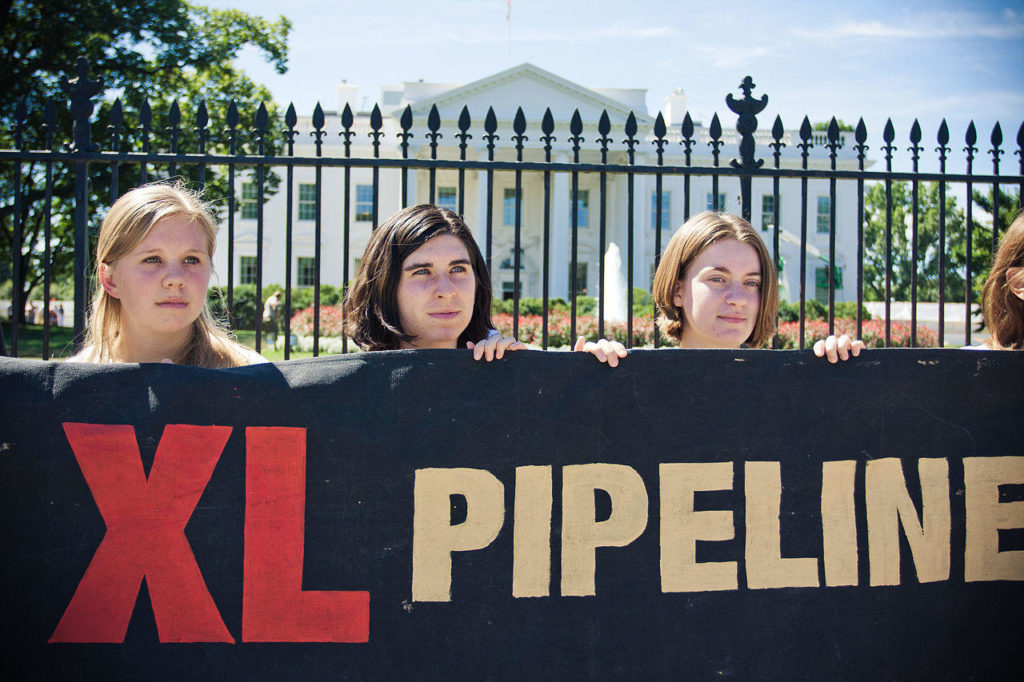
Old people often shake their heads and mutter about “the younger generation.” Or they’ll say to one another, “It’s not the way it used to be,” with a solemn look of dismay as if the world was “going to hell in a hand basket.” That’s the problem when an elder like me writes about human-caused climate change: I come close to being a cliché.
Perhaps such sentiments come from nostalgia for a time earlier in one’s life, an era viewed as simpler, slower and more familiar. Friends occasionally email me photo collections that supposedly represent a decade such as the 1950s without a single photo of anyone of color. It’s as if no one other than white people lived in this country. On the other hand, since most filmgoers are younger than my cohort, and if the top 10 grossing movies of a typical week are any indication, most people attending movies today choose deeply dystopian films about the violent end of civilization as we know it.
Reading the material about climate change that’s found on the Internet or stumbling across short pieces in the daily newspaper about freak storms in Yemen, or the diminishing trade winds in Hawaii, would confirm that maybe we are not headed in a direction that could likely sustain civilization. Immersion in this kind of information easily leads to apocalyptic thinking – “The end is near, be very afraid.”
Alternatively, I am encouraged by the energy, courage and commitment of so many young people. Recently we visited a friend of our generation whose son led the Greenpeace campaign that attempted to stop Shell Oil’s Arctic exploration vessel from leaving Portland. Repelling off a bridge to stop a ship requires dedication, yes — also a set of skills I do not have and never did. Another friend’s son works on the restoration of the San Francisco Bay. Climate justice issues attract young people from Houston to Harvard. They organize demonstrations like last year’s People’s Climate March that filled New York City’s streets with 300,000, and they lead blockades like those that derailed the Keystone XL pipeline.
Grace Cagle was only 23 at the time she launched the KXL campaign. She was studying biology at North Texas University when she became an activist. “I know it’s going to take massive, almost unimaginable system change,” she told Wen Stephenson, the author of What We’re Fighting for Now Is Each Other. That’s a far cry from the environmentalism of the established conservation organizations that cut deals with Big Oil and that appear to worry about economic growth as much as the habitability of the planet.
Tim DeChristopher was the guy who made the winning bid at an oil auction in Utah a few years back. He served two years in federal prison because he didn’t intend to actually exploit his purchase — which he also didn’t have the money to buy. Now a seminary student at Harvard Divinity, he seeks to deepen his core values, which, he expects, will be required to stop human-caused climate change. When he speaks of this he talks about “this new challenge of maintaining our humanity as we navigate this period of rapid and intense change.”
Such young deep-ecology activists understand that the struggle will be over everything, that something profound will be required of us, whether or not we save the earth.
Perhaps, in this context, Worcester Polytechnic Institute philosophy professor Roger Gottlieb asked the right question: “Even if we won’t win, should we stop trying to live with love?”
Eve Ensler, famous for writing The Vagina Monologues, might have answered this question when she finished a thought-provoking essay on sex trafficking by saying: “This led me to love, thinking about love, how the failure of this century is a failure of love. What are we being called to do, what are we really made of, each of us alive on this planet today? What kind of love, what depth of love, what fierceness and searing love is required?”
As the human-caused climate change crisis sharpens, the most difficult task will be to continue to love our neighbors, to love one another, as most religious traditions put it. That will require a fortitude and courage beyond our imagination. To love will call upon our deepest reserves, whether we are old or young or somewhere in between.
(Photo by Josh Lopez)

-
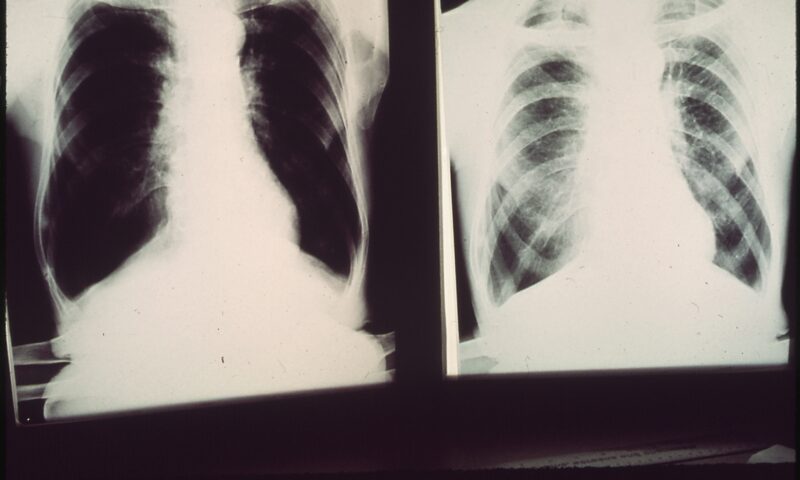
 Latest NewsJune 17, 2025
Latest NewsJune 17, 2025A Coal Miner’s Daughter Takes on DOGE to Protect Miners’ Health
-
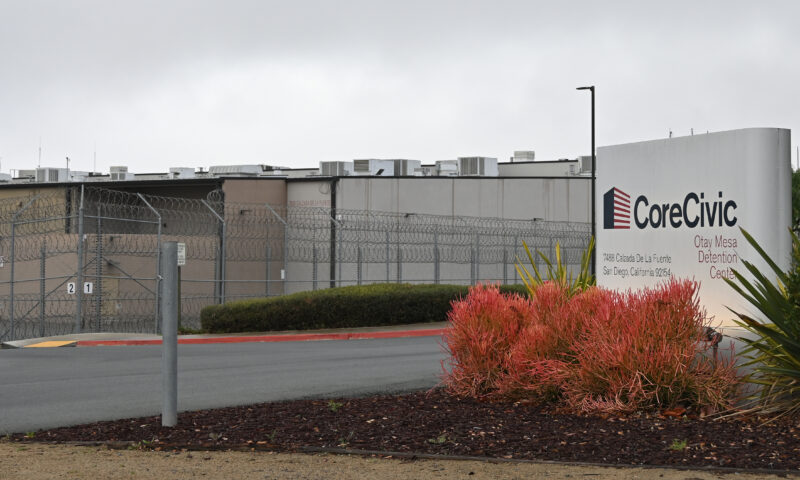
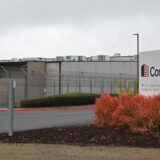 Beyond the BorderJune 10, 2025
Beyond the BorderJune 10, 2025Detained Man Says ICE Isn’t Treating His Colon Cancer
-

 Column - State of InequalityJune 5, 2025
Column - State of InequalityJune 5, 2025Budget Cuts Threaten In-Home Assistance Workers and Medi-Cal Recipients
-

 Column - State of InequalityJune 12, 2025
Column - State of InequalityJune 12, 2025‘Patients Will Suffer. Patients Will Die.’ Why California’s Rural Hospitals Are Flatlining.
-

 Column - California UncoveredJune 18, 2025
Column - California UncoveredJune 18, 2025Can Gov. Gavin Newsom Make Californians Healthier?
-
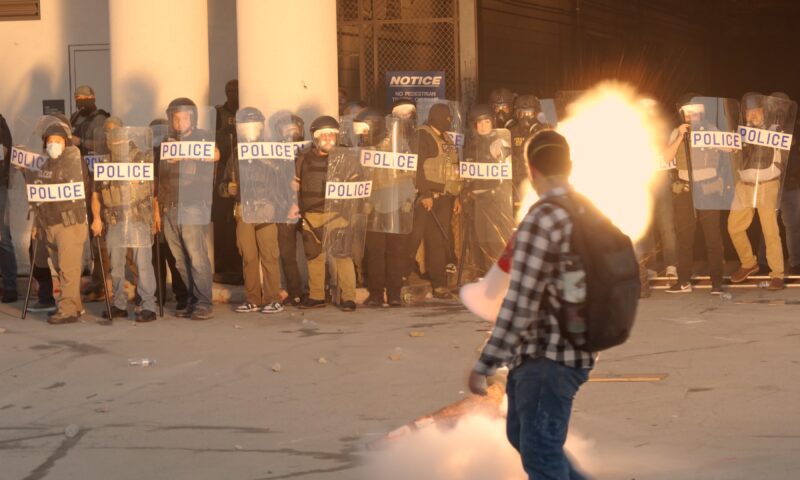
 Featured VideoJune 10, 2025
Featured VideoJune 10, 2025Police Violently Crack Down on L.A. Protests
-
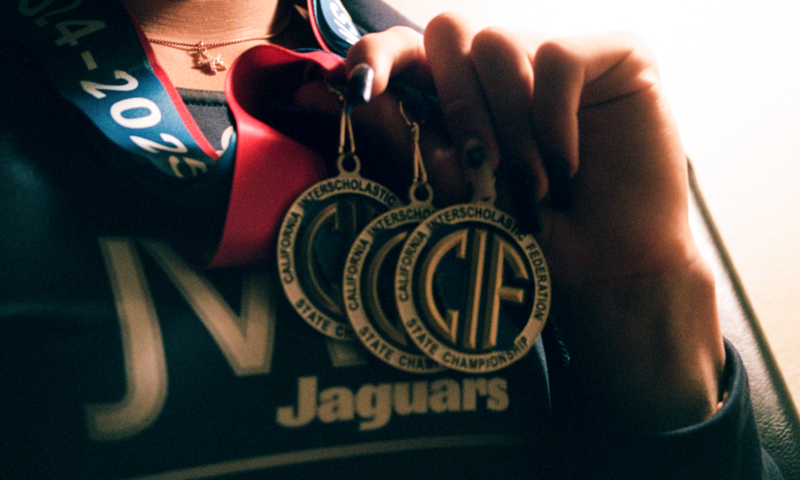
 Latest NewsJune 4, 2025
Latest NewsJune 4, 2025Grace Under Fire: Transgender Student Athlete AB Hernandez’s Winning Weekend
-

 Striking BackJune 3, 2025
Striking BackJune 3, 2025In Georgia, Trump Is Upending Successful Pro-Worker Reforms

